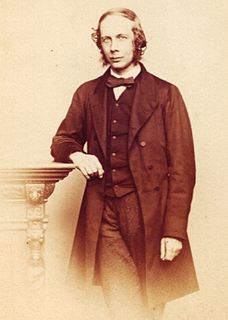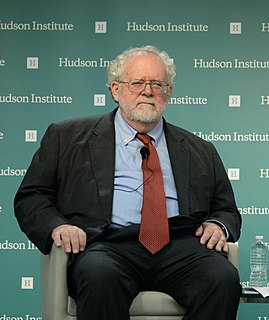A Quote by Mary Beard
My day job is working on Roman history and ancient Roman history.
Related Quotes
Fashion is not just about trends. It's about political history. You can trace it from the ancient Romans to probably until the '80s, and you can see defining moments that were due either to revolutions or changes in politics. At the end of the Roman era, there was this whole move against togas, because that was the signifier of the Roman Empire. In the same way, the '60s were a reaction against the '50s and so on. But now we've been feeding on a sort of cadaver. At the moment, we're just endlessly recycling the past.
We know that for the last 300 or 400 years, the size of human bodies is growing. Now what happened is that we suddenly, in history, have the backward process. We have these great Greek athletes, we have ultra-powerful Roman soldiers. You look at the size of the Roman soldier who has to carry all this ammunition. You're talking about 300,000 Arnold Schwartzeneggers.
From my student days I found him a compelling and fascinating, though often puzzling, figure. It's a lifelong fascination now and I don't expect that to stop! His vision of God, God's faithfulness, God's purposes and so on is so much bigger and richer than almost any subsequent Christian thinker has ever managed. In addition, I have always loved ancient history, especially the history of the early Roman empire, and of course Paul fits right into that.
History is not the story of strangers, aliens from another realm; it is the story of us had we been born a little earlier. History is memory; we have to remember what it is like to be a Roman, or a Jacobite or a Chartist or even - if we dare, and we should dare - a Nazi. History is not abstraction, it is the enemy of abstraction.
Nobody brings ancient history and archaeology to life like Adrienne Mayor. From the Russian steppes to China, and from Roman Egypt and Arabia to the Etruscans, she leads the reader on a breathtaking quest for the real ancient warrior women reflected in myths--their daring, archery, tattoos, fine horses, and independence from male control. The book's rich erudition, communicated in sparkling prose and beautiful illustrations, makes it a riveting read.
The history of the Roman Empire is also the history of the uprising of the Empire of the Masses, who absorb and annul the directing minorities and put themselves in their place. Then, also, is produced the phenomenon of agglomeration, of "the full." For that reason, as Spengler has very well observed, it was necessary, just as in our day, to construct enormous buildings. The epoch of the masses is the epoch of the colossal.
History teaches us that the capacity of things to get worse is limitless. Roman history suggests that the short, happy life of the American republic may be coming to its end... the US will probably maintain a facade of constitutional government and drift along until financial bankruptcy overtakes it.
When Edward Gibbon was writing about the fall of the Roman Empire in the late 18th century, he could argue that transportation hadn't changed since ancient times. An imperial messenger on the Roman roads could get from Rome to London even faster in A.D. 100 than in 1750. But by 1850, and even more obviously today, all of that has changed.






























